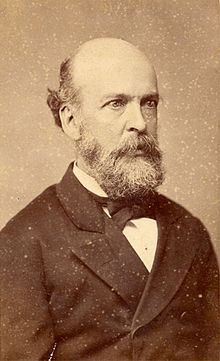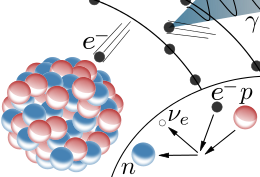Dr. Liborio Zerda | |
|---|---|
 | |
| Born | 10 July 1834 |
| Died | 9 November 1919 (aged 85) Bogotá, |
| Nationality | Colombian |
| Education | Medicine |
| Alma mater | Universidad Central |
| Known for | El Dorado, numerals, chicha |
| Scientific career | |
| Fields | Medicine, history |
| Institutions | Colegio del Rosario (1858-1918) |






Liborio Zerda (Bogotá, Republic of New Granada, 10 July 1834 (other sources state 1830 or 1833)[1][2] - Bogotá, Colombia, 9 November 1919) was a Colombian physician and Muisca scholar. Zerda has been important in the natural sciences of the late 19th and early 20th century in Colombia, publishing many articles about various topics, from medicine to chemical analysis, radioactivity and the popular drink chicha.[1][3]
Zerda was contemporaneous with other Muisca scholars, and influenced by them; Joaquín Acosta and Ezequiel Uricoechea. He analysed the work done by José Domingo Duquesne on the Muisca numerals and published in 1883 his major work El Dorado about the mythical El Dorado, that he situated not in Lake Guatavita as is currently accepted to have been the site of the inauguration of the new zipa, but in the Siecha Lakes in the Chingaza Natural National Park.
Liborio Zerda taught at the Colegio del Rosario in Bogotá for 60 years and died on 9 November 1919 in the Colombian capital.
- ^ a b (in Spanish) Biography Liborio Zerda - Banco de la República
- ^ (in Spanish) Liborio Zerda - Banco de la República
- ^ (in Spanish) Doctor Liborio Zerda